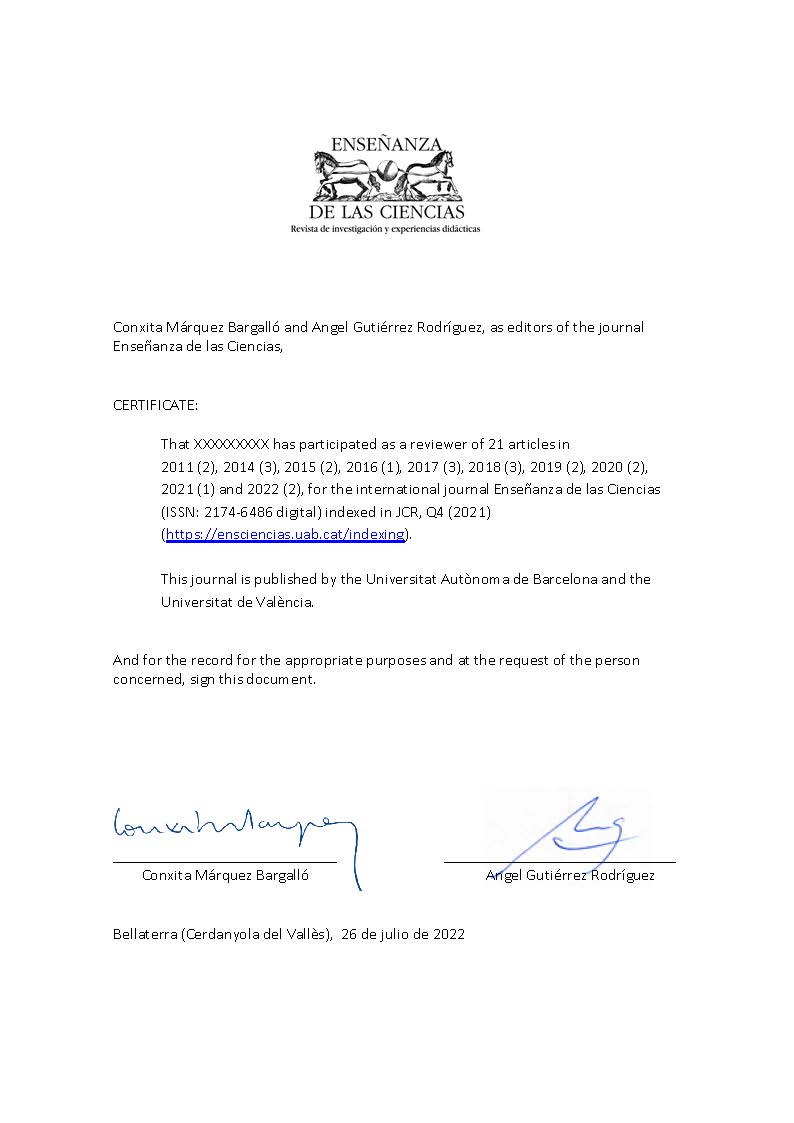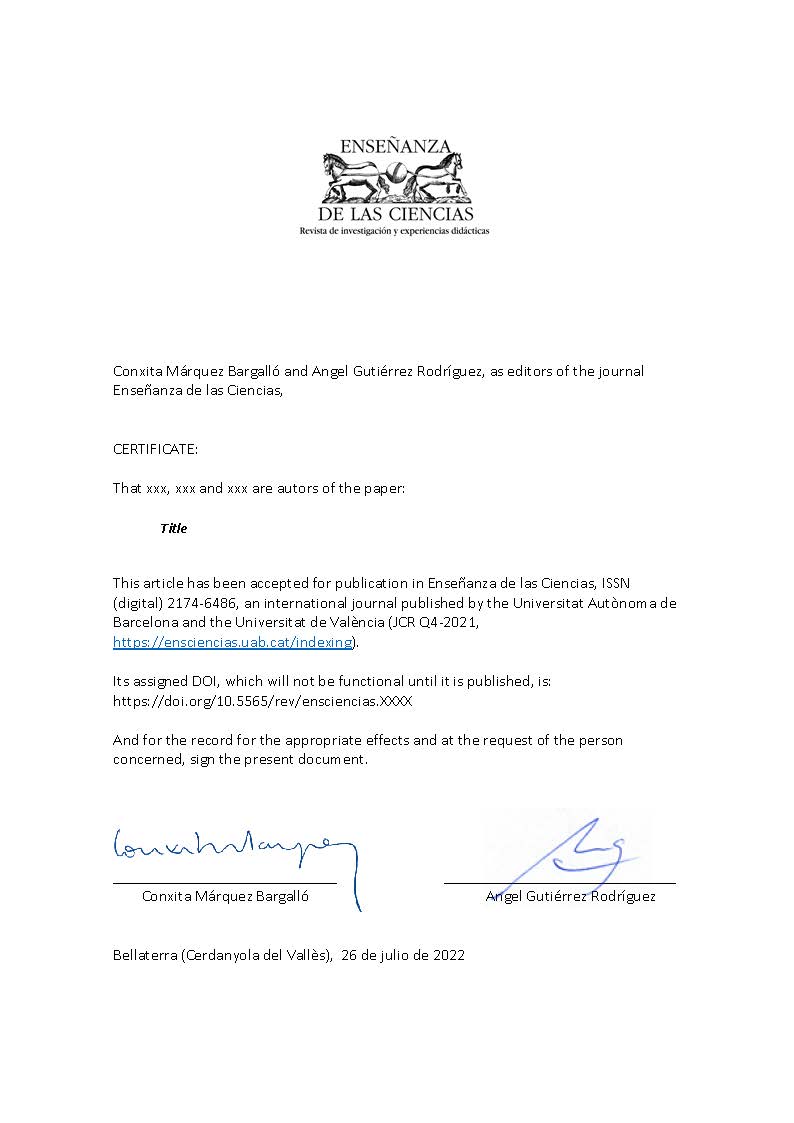Describe the problesm you would like to solve
One of the burdens of the editorial management is to make certificates for reviewers and authors in the journal. In the days of fund and accreditation requests there is especially high activity of demanding certificates. Those are very important to find and maintain jobs in academia.
Clarivate knows it and bought Publons to make money out of this need of certification over certification.
Describe the solution you’d like
It could be a link (or a pdf) attached to the “thank you” email, or an additional button to send separatelly the certificate (optionally signed with the certificate of the web itself).
Besides, it can be added in the “users” area, as an option for the reviewers, like “make certificate”. I attach an example translated of a certificate of 22 revisions of someone in one of the seven journals I work with.
Additionally, authors are use to ask for certifications of accepted papers waiting for publishing (some papers wait almost a year and they need a prove it’s approved). I attach an example. Would be ideal to have it kind of automatic, (specially signed with the web’s certificate, if possible).
Who is asking for this feature?
Editors, editorial management, secretary…
Additional information
Note: It were discussed here: Reviewers Certificate - #2 by ajnyga and arrived to the conclusion to use a publons plugin.
But my invitations is to avoid Clariate Publons as a way of certificate and do it by our own public and open means.
Anonymous Examples of some of the hundreds of certificates I do for the journals I work for:


Since the text is very small, here is:
Example of certificate of reviewers:
Conxita Márquez Bargalló and Angel Gutiérrez Rodríguez, as editors of the journal Enseñanza de las Ciencias,
CERTIFICATE:
That XXXXXXXXX has participated as a reviewer of 21 articles in 2011 (2), 2014 (3), 2015 (2), 2016 (1), 2017 (3), 2018 (3), 2019 (2), 2020 (2), 2021 (1) and 2022 (2), for the international journal Enseñanza de las Ciencias (ISSN: 2174-6486 digital) indexed in JCR, Q4 (2021) (https://ensciencias.uab.cat/indexing).
This journal is published by the Universitat Autònoma de Barcelona and the Universitat de València.
And for the record for the appropriate purposes and at the request of the person concerned, sign this document.
(Scanned sign of the editors)
Example of text of certificate for authors:
Conxita Márquez Bargalló and Angel Gutiérrez Rodríguez, as editors of the journal Enseñanza de las Ciencias,
CERTIFICATE:
That xxx, xxx and xxx are autors of the paper:
Title
This article has been accepted for publication in Enseñanza de las Ciencias, ISSN (digital) 2174-6486, an international journal published by the Universitat Autònoma de Barcelona and the Universitat de València (JCR Q4-2021, https://ensciencias.uab.cat/indexing).
Its assigned DOI, which will not be functional until it is published, is: https://doi.org/10.5565/rev/ensciencias.XXXX
And for the record for the appropriate effects and at the request of the person concerned, sign the present document.
(Scanned sign of the editors)